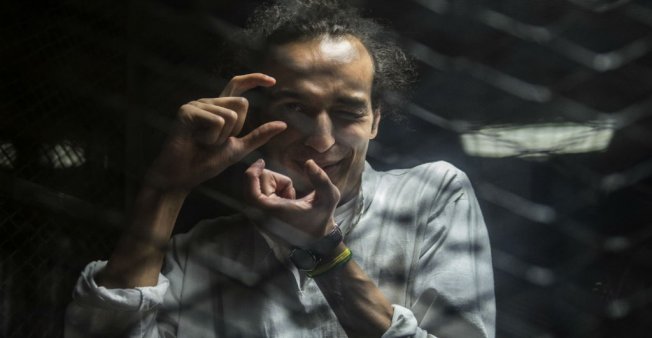
Word of the Day: Inveigh
Paul Schleifer
When we inveigh against something, we protest against it strongly or rail against it or attack it vehemently using our words. According to the OED, this attack can be verbal or written. Furthermore, the OED says that inveigh came into the language in the late 15th century, when it was also spelled enveigh, and it came from the Latin invehere “carry in,” invehi “be carried into, assail.” Invehi is the present passive infinitive of invehere. These verbs come from in– “against” PLUS vehere “carry.”
According to www.etymonline.com, vehere “comes from PIE *wegh– meaning ‘to go, move, transport in a vehicle.’ The root *wegh- ‘to convey, especially by wheeled vehicle,’ is found in virtually every branch of Indo-European, including now Anatolian. The root, as well as other widely represented roots such as aks- and nobh-, attests to the presence of the wheel — and vehicles using it — at the time Proto-Indo-European was spoken.”
21 years ago, the United Nations Educational, Scientific, and Cultural Organization (UNESCO) established May 3 as World Press Freedom Day, or just World Press Day. On this day UNESCO gives out the annual Guillermo Cano World Press Freedom Prize, a $45,000 prize conferred on “a person, organization or institution that has made an outstanding contribution to the defence and/or promotion of press freedom anywhere in the world, especially when this has been achieved in the face of danger” (https://en.wikipedia.org/wiki/UNESCO/Guillermo_Cano_World_Press_Freedom_Prize).
This year’s recipient of the Guillermo Cano award is Shawkan (aka Mahmoud Abu Zeid), an Egyptian photojournalist who has been in an Egyptian prison “since 14 August 2013 when he was arrested while covering a demonstration at Rabaa Al-Adawiya Square in Cairo. In early 2017, the prosecutor in his case reportedly called for the death penalty. The UN Working Group on Arbitrary Detentions has qualified his arrest and detention as arbitrary and contrary to the rights and freedoms guaranteed by the Universal Declaration of Human Rights and the International Covenant on Civil and Political Rights” (https://en.unesco.org/news/egyptian-photojournalist-mahmoud-abu-zeid-aka-shawkan-receive-2018-unescoguillermo-cano-press).
The incident Shawkan was recording was the Rabaa Massacre. On that day, Egyptian security forces killed at least 817 demonstrators who were protesting against the military government that had taken over after the ouster of Mohamed Morsi. The massacre, which occurred on August 14, 2013, may actually have taken more than 2,000 lives, but it is hard to get a true and accurate count when journalists are imprisoned for reporting on the event.
Shawkan was imprisoned for more than 2 years without any charges being filed. Then, six charges were made against him for which he now faces the death penalty.
Duncan Khaemba, a Kenyan journalist, was recently arrested for reporting on violence after a recent election. “The same month, police snatched the phone of Simon Achola, a reporter with government-owned Kenya Broadcasting Corporation (KBC) and deleted his photographs of the August protests. Also in August, police harassed reporters from the privately-owned Citizen Television at the Miruka Hotel, Kisumu, and injured at least two international journalists, according to the Committee to Protect Journalists” (https://www.hrw.org/news/2018/05/02/kenyan-media-has-little-celebrate-press-freedom-day).
According to the Sydney Morning Herald, “ABC’s television news division has been censured for describing Tony Abbott as ‘the most destructive politician of his generation.’ The Australian Communications and Media Authority (ACMA) found the ABC breached its impartiality obligations by using this ‘pejorative’ term.”
Now, this last incident may not be as extreme as the previous two, but anytime a government agency tries to censor or inveigh against the free press, we should all be concerned.
Today’s image: © Khaled Desouki, AFP | Photojournalist Mahmoud Abou Zeid, known as “Shawkan”, mimics snapping a photo from behind bars in the capital Cairo on August 9, 2016.